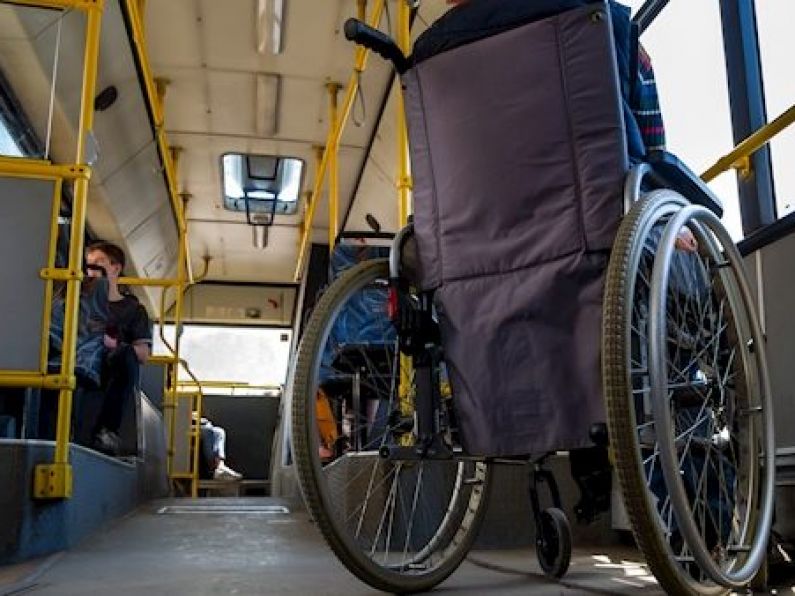90% of people with disabilities feel they do not have enough access to public transport, a survey has found.
Many report being stranded on platforms by broken lifts, unable to access a ramp to board trains, waiting hours for accessible taxis and being left at bus stops because a buggy is in the spot designated for a wheelchair.
One in four respondents said that access to transport ‘always’ limits their independence.
The survey was conducted by Rehab Group as today marks one year since the ratification of the UN Convention on the Rights of People with Disabilities.
Rehab Group says their survey shows little has changed in the last 12 months, and has called on the Government to sanction public and private transport operators who fail to address their legal requirement for accessibility.
Kathleen O’Meara, Director of Communications, Public Affairs and Fundraising with Rehab Group said: “A two-tier system is being created: those who can afford a car and the necessary adaptations and those left isolated.
This is not good enough and is happening despite numerous legal undertakings both nationally and at EU level, to make access equal.
“UNCRPD requires Ireland to take appropriate measures to make sure that people with disabilities have access to transport on an equal basis with others.
In reality, Ireland complies with the legal requirements but not the spirit of the Convention in relation to transport.
"People with disabilities have a right to accessible public transport, enshrined in law but more often than not a lack of, or patchy, implementation means that their travel is hugely hindered on a daily basis," she said.
“Unfortunately, Ireland has yet to ratify the Optional Protocol of the UNCRPD which would allow individuals and groups to make direct complaints to the Committee on the Rights of Persons with Disabilities for violations of their rights under the Convention. Transport issues will likely feature heavily among complaints when it does.”






